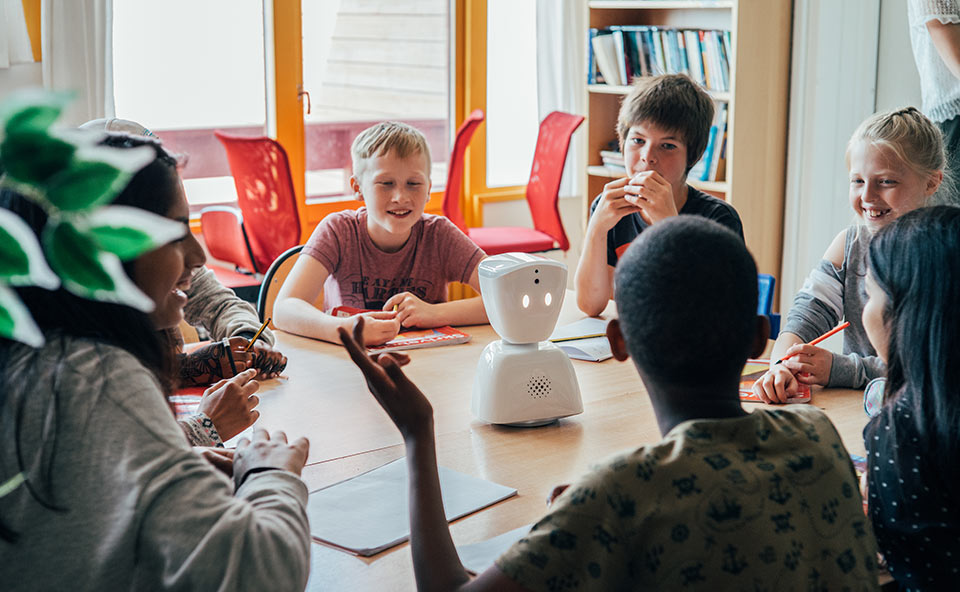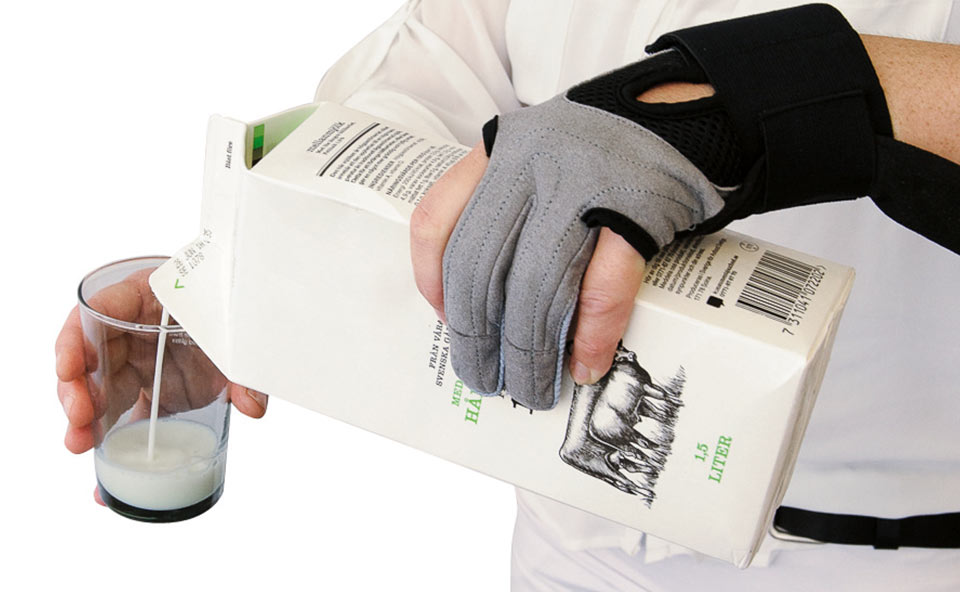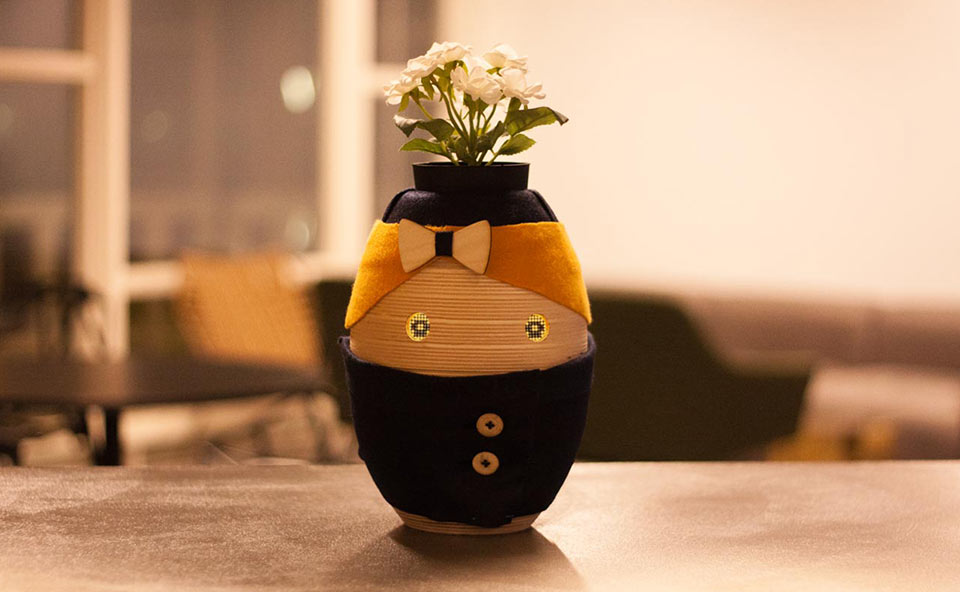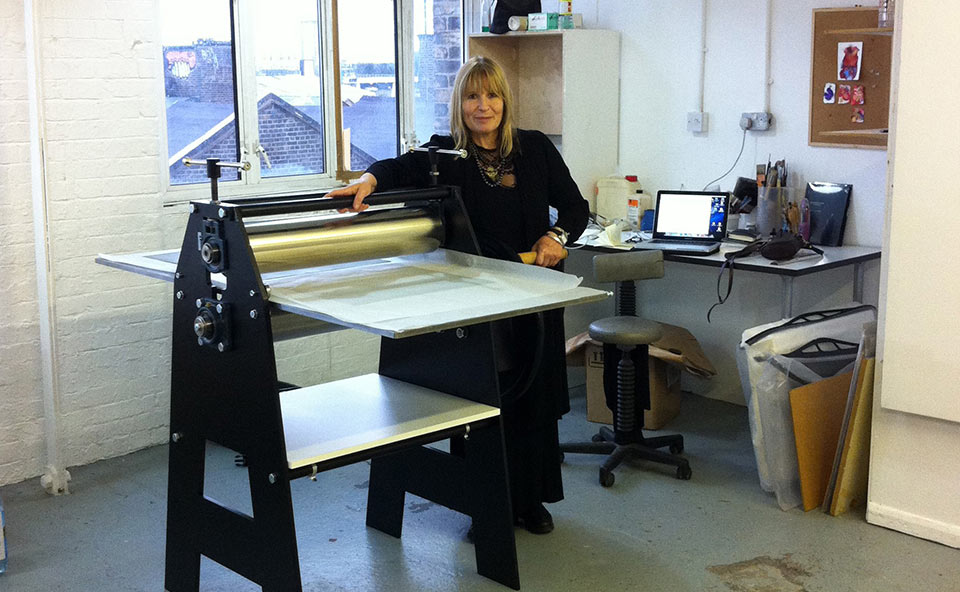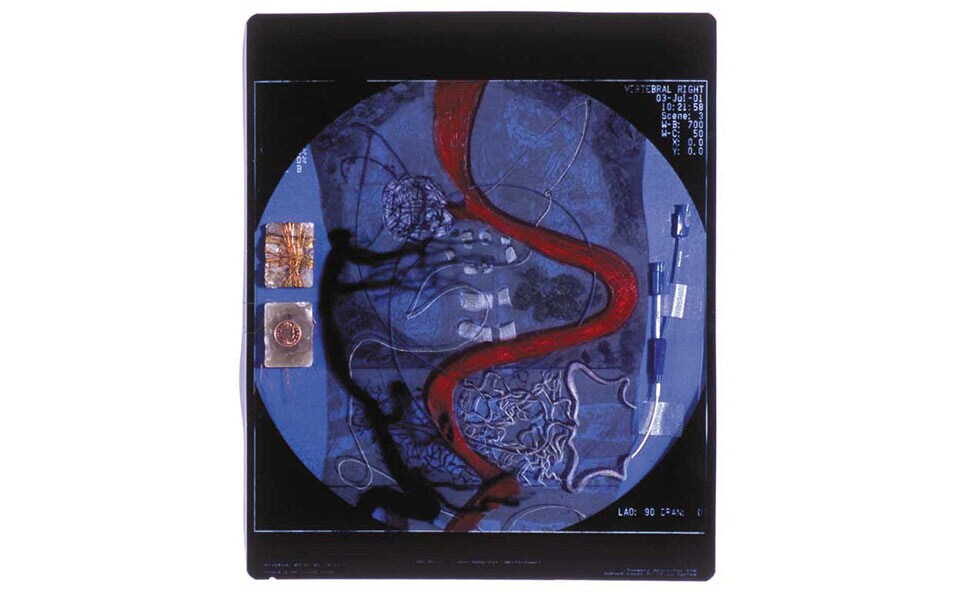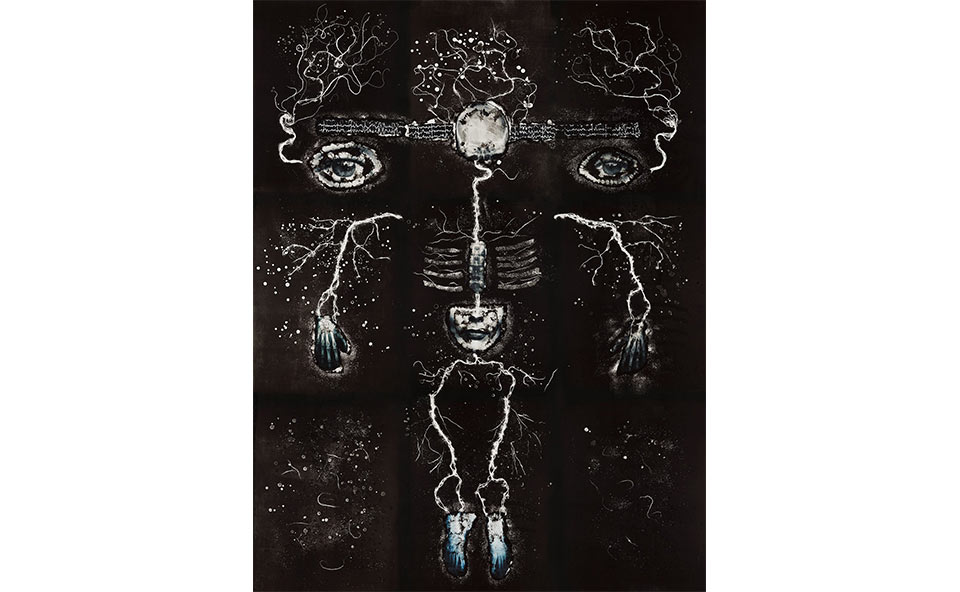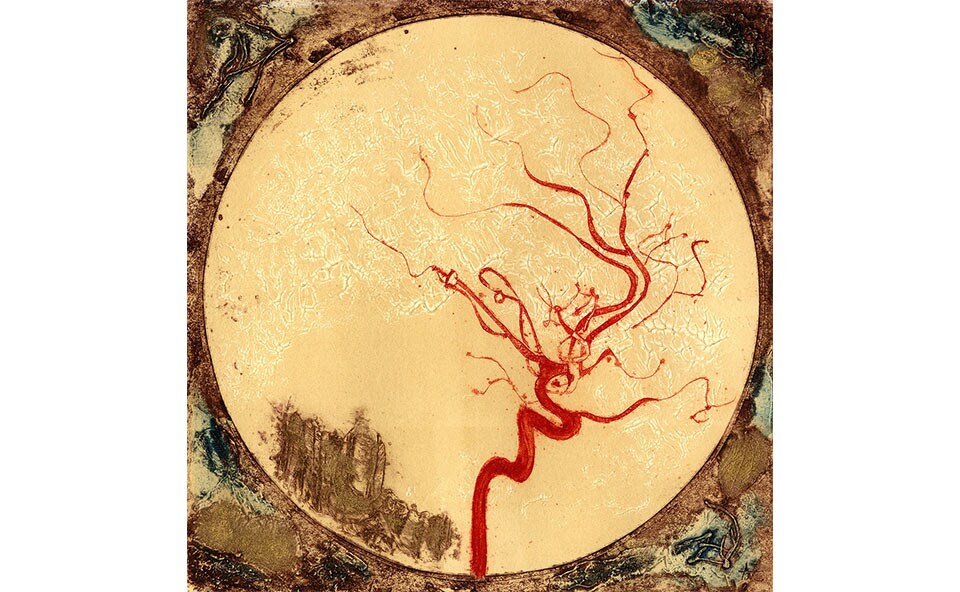The
Spark
Bonus episode - 5 July 2018
Our bots, our bodies, ourselves: AI and the exciting future of health technology
Technology in healthcare is going through some exciting changes. Connected Health and AI promise to make the lives of patients a lot easier. Three women on the frontlines weigh in on what that means for us, and why there's never been a better time to work in health technology.
Zayna Khayat thinks the way we experience healthcare is about to change radically. She's a future strategist at Saint Elizabeth, a Canadian healthcare organization, and she's seeing a huge shift in how healthcare uses technology - but not in the way you might think. What excites her is the democratization of healthcare. Specifically, "bringing new channels and modalities for people to access care.” For Zayna that means “through their phone or through chat or text or through video conference or using an app.” Even remote monitoring and other technologies that we haven’t even thought of yet.
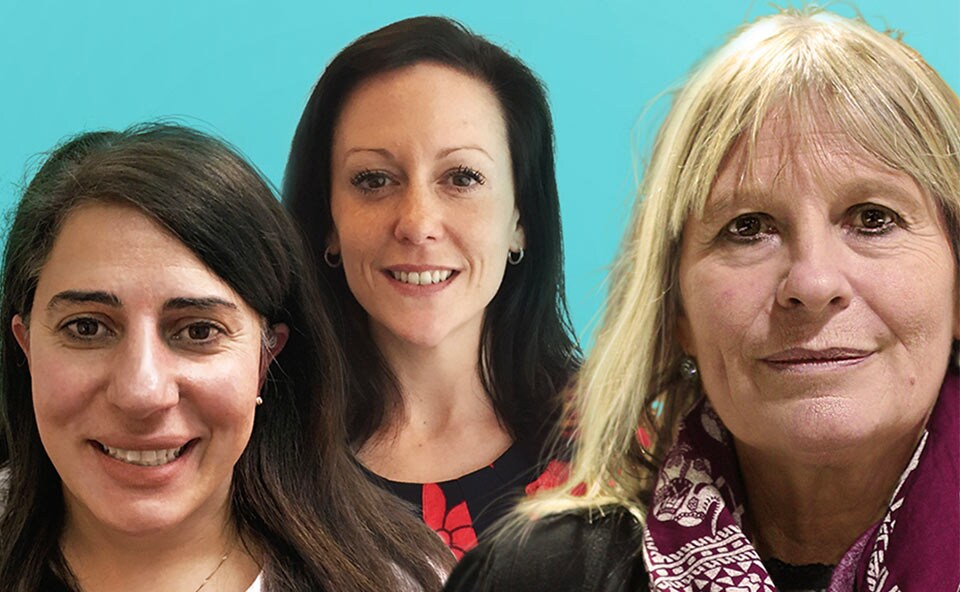
A futurist, a technologist and an artist: (from left) Zayna Khayat, Kacy Harding and Susan Aldworth talk about the future, and why there’s never been a better time to consider a career in health technology.
Zayna refers to a career in health technology as “a calling,” and those working in the industry today are helping us to get out of what she calls “the old paradigm.” That’s where “we book and schedule a 15 minute doctor visit, drive to the clinic, park and wait in the waiting room for three hours.” “When you cram it all into the 15 minutes, and don't remember 80 percent of what happened in those 15 minutes,” says Zayna, it beggars the question of how effective care can be.
But all that’s about to change, she says. In short, what Zayna predicts is the “whole unpacking of that experience.” Which is why a career in health tech is a dynamic opportunity to literally improve the lives of billions of people – including your own.
The future is connected health What Zayna's describing is called "connected health" – it’s a big strategic focus at Philips right now – and it's going to change your life for the better, too.
“A career in health tech is a dynamic opportunity to literally improve the lives of billions of people – including your own.”
Connected health means having all of your health information in one place. No more repeating your symptoms, concerns or medical history to each specialist or caregiver you need to see. What connected health will do is gather and filter through all of your healthcare data so that when you do see your doctor, you can get right down to business. For Kacy Harding, Head of Value and Data Analytics at Philips in Connected Digital Products and Propositions, it's all about using technology to have a data-driven dialogue. "So when I say I might not be sleeping as well, [with technology] I actually can show you where I'm having sleep issues. Maybe I have interrupted sleep, insomnia, wake up when I'm supposed to, but I have these moments of interruption occasionally during the night.” For Kacy, “that allows us to have a much richer dialogue with that healthcare professional and also leverage them for what they’re strongest at, which is human interaction and engagement."
A glimpse into the future: also discussed in our podcast special, the school robot, SEM glove and Tinybot are examples of the kinds of innovation coming up in health technology
It’s a dirty job but no one has to do it: the role of AI And one way of getting there is to use A.I. to process that data. "Right now, what locks up and limits the ability of healthcare from keeping up with the volume of demand is human labour," says Zayna. "Things like monitoring stress levels, mood, sleep, nutrition are incredibly valuable inputs to understand the holistic levers and holistic context of somebody's condition," says Kacy. "All of these solutions can be brought together to create a data portrait that somebody can actually make sense of... to help the care professional to establish a good baseline, understanding the trends for that person and then make the necessary tweaks, leveraging the information that's been collected." To some, AI may sound like something out of a sci-fi film, but, Kacy says, "there are so many different ways to engage with technology.” And rather than fear change, Kacy’s most excited about the way technologies “seamlessly integrate into my life and help me and facilitate my physical world, not replace it." Figuring that stuff out and being part of the innovation curve is what excites Kacy about coming to work each day.
The importance of maintaining our humanity "[Technology] should, if possible, look like a conversation that you're part of, that you're not just a piece of meat," says visual artist Susan Aldworth. "You're not just a body, but you're an embodied person." Susan’s been a brain scan patient and her work has been influenced by her many residencies at hospitals and medical institutions. "I think what drew me into medicine was that experience I had of being a patient. Until I was ill, I'd really just thought of myself as an ‘outside person;’ you know, that all I was was the thing I saw reflected in a mirror. And when I saw the inside of my body and began to realize how ignorant I was about it, and what an extraordinary thing a human body is, there was no going back."
“There’s no shortage of opportunity; and lots of opportunities to develop your career at Philips.”
And having been both on the operating table, and beside it, Susan's seen the increase in technology being used to deliver healthcare, combining it with a more humanist approach. She's currently involved in a project at Newcastle University that might put implants into epilepsy patients to 'switch off' some forms of focal epilepsy that can't be controlled by surgery or medicine.
Keeping technology human: artist Susan Aldworth’s work explores the fine line between man and machine.
"I think an artist can bring a different ear into the mix, often a questioning ear," she says. "It can be, Why are you doing that? Is it safe? What are the implications for human identity? You know, keeping a human perspective on things.” And, Susan reminds us, art has gone through a technological upheaval similar to the one healthcare's going through right now. "Art in the 21st century has been completely and radically changed by technology and computers – the way you can blow a small drawing up big, the way you can make films on your phone – it's transformed completely.” “The whole artistic career has been completely turned on its head by technology and that's been a wonderful thing to be embraced and to push further into the future," says Susan. And, says Kacy Harding, we shouldn't be afraid of innovation and technology. “Innovation really is to make the technology invisible to seamlessly integrate into somebody's life, to make it intuitive ... because I don't want the technology to create barriers or be a burden for any of our users."
"Innovation isn't just technology for the sake of technology,” she says.
The opportunity for women in tech What's clear is that the field of healthcare technology is exciting, dynamic, and innovative. It also needs more women. Zayna Khayat couldn't agree more. "Women are going to be developing solutions that make sense for women and are funded by women in venture capital and enabled by women leading corporations in healthcare... This industry is inelastic to market forces. We will always need health care." “There simply isn't enough participation of women in technology,” says Kacy. “So there's absolutely enough opportunity to bring greater diversity across the board, and address some of those [healthcare] topics that are incredibly relevant for today.” Kacy says that a career at Philips is a journey into the unexpected. “There are amazing opportunities to move between different parts of the Philips business and I've spoken to a lot of people that started on the factory floor, for instance, and who are now running businesses across the world.” “So there is no shortage of opportunity for you; and lots of opportunities to develop your career at Philips.”
If you’re searching for a career that looks to the future, then maybe it’s time to consider a career at Philips - you might just be surprised at what you find. Check out our open vacancies now. To hear more from Zayna, Kacy and Susan, listen to our podcast special on the future of health technology, where you'll hear more about:
